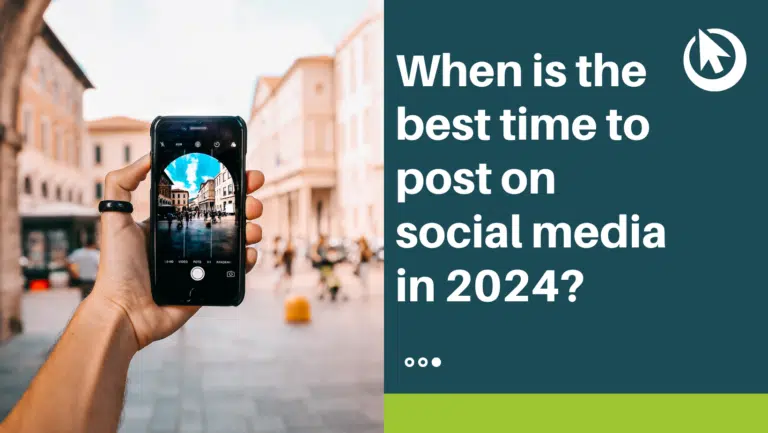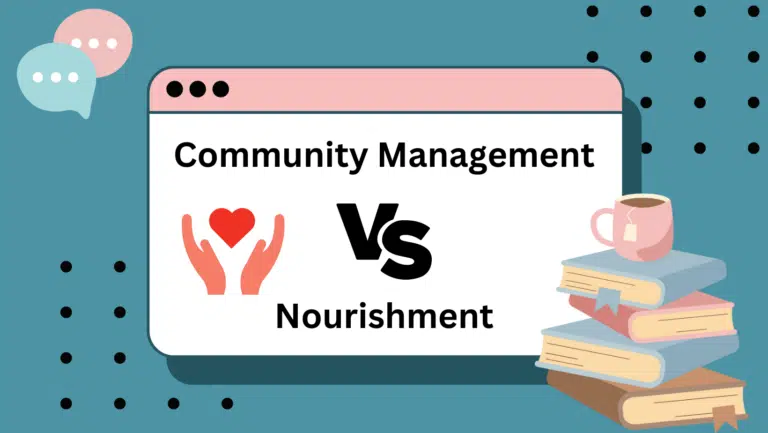Hello once again from the marketing team here at Click Through Digital!
Today we are bringing you some tips and insights on how you can enhance your website’s visibility through Search Engine Optimisation (SEO). In today’s very digital world, having a strong online presence is crucial, and SEO plays a pivotal role in achieving that. So, let’s delve into some actionable strategies to boost your website’s visibility and drive organic traffic.
1. Conduct Thorough Keyword Research
Keyword research is the cornerstone of any successful SEO strategy.
Thorough keyword research is the foundation of any successful SEO campaign. It involves identifying the terms and phrases that potential customers use to search for products or services in your industry.
This provides crucial insights into user behaviour, helps you understand user intent, and allows you to optimise your content effectively. By striking a balance between high-volume keywords and more specific, long- tail phrases, you can create a well-rounded SEO strategy that drives targeted traffic and delivers valuable content to your audience.
Tools like Google Keyword Planner and SEMrush can help you discover high-value keywords with reasonable search volumes and competition levels.
2. Optimise On-Page Elements
- Meta Titles and Descriptions – Craft compelling and relevant meta titles and descriptions for each page. These elements not only influence search engine rankings but also entice users to click through to your website.
- Header Tags (H1, H2, H3) – Use header tags to organise your content and provide a clear hierarchy for both search engines and readers. Incorporate relevant keywords where natural and appropriate.
- Image Optimisation – Optimise images by using descriptive file names and alt attributes. This not only improves accessibility but also provides an additional opportunity to include relevant keywords.
3. Create High-Quality, Engaging Content
Excellent content is absolutely key in the world of SEO. Develop informative, valuable, and well-researched content that addresses the needs and interests of your target audience.
You should also regularly add blog posts with fresh, engaging content to demonstrate your expertise and authority in your industry. You can either do these in-house if you have the resources or use a blogging agency, like us!
Structuring your content effectively is crucial for both user experience and search engine visibility. Break down your content into logical sections with clear headings and subheadings (using HTML tags like H1, H2, H3, etc as referenced earlier.) This not only aids readers in navigating through your content but also provides search engines with a clear hierarchy of information.
4. Focus on User Experience (UX)
- Mobile Optimisation – Mobile optimisation is a significant ranking factor for search engines like Google. In 2018, Google introduced mobile-first indexing, which means that the search engine primarily uses the mobile version of a site for ranking and indexing. This shift underscores the importance of having a mobile-friendly website to maintain and improve search visibility. Plus, mobile users have distinct needs and behaviours compared to desktop users. They often seek quick, easily digestible information. To cater to this, prioritise concise content, clear calls to action, and easily accessible navigation menus. Additionally, ensure that buttons and links are appropriately sized for touch screens to prevent frustrating experiences! A responsive design guarantees a seamless experience across all devices.
- Page Load Speed – The speed at which your website pages load is a critical factor in user experience and can significantly impact your site’s performance in search engine rankings. A slow-loading website can frustrate visitors, leading to higher bounce rates, lower engagement, and potentially lost conversions. You can optimise your site’s load speed by compressing images, leveraging browser caching – which allows frequently accessed elements of your website to be stored in a visitor’s browser, this means that when they return to your site or navigate to a different page, certain elements (like images, scripts, and stylesheets) don’t need to be reloaded. You should also minimise unnecessary code, this can include redundant code, comments, or whitespace.
5. Build Quality Backlinks
Earning high-quality backlinks from reputable and relevant websites is essential for SEO success. The quality of backlinks matters more than quantity. Search engines like Google place a higher value on links from reputable and authoritative websites. Aim to acquire links from trusted sources within your industry or niche. You can also focus on natural link building strategies such as guest blogging, outreach to industry influencers, and creating exceptional, shareable content.
6. Optimise Anchor Text for Internal Links
When you carefully choose and use descriptive anchor text, you provide search engines with valuable context about the content on the linked page. This helps search engines understand the relevance and relationship between the pages on your website. For instance, instead of using generic phrases like “click here” or “read more,” using specific keywords or phrases that accurately describe the linked content can significantly enhance your website’s visibility.
7. Leverage Local SEO
If your business serves a specific geographical area, optimising for local search is crucial. Ensure your vital information is consistent across all platforms; name, address, contact number. Additionally, create and optimise a Google My Business profile. Although we would recommend this for all businesses anyway!
8. Monitor and Analyse Performance
Regularly track your website’s performance using tools like Google Analytics. Pay attention to metrics such as organic traffic, bounce rates, and conversion rates. Analysing this data allows you to identify areas for improvement and refine your SEO strategy.
Conclusion
Improving your website’s visibility through website SEO is a continuous process that requires dedication and strategic planning. By implementing these strategies, you’ll be well on your way to climbing the search engine rankings and attracting valuable organic traffic.
Remember, SEO is a dynamic field, so staying updated with the latest trends and algorithm changes is essential. If you’d like personalised guidance or assistance in optimising your website, feel free to reach out to us at Click Through Digital. We offer a range of digital marketing services such as a content creative service, blogging, and are one of the leading SEO consultants Yorkshire. Above all though, we are here to help your business thrive in the digital landscape! Why not get in touch and see how we can help? [email protected]


